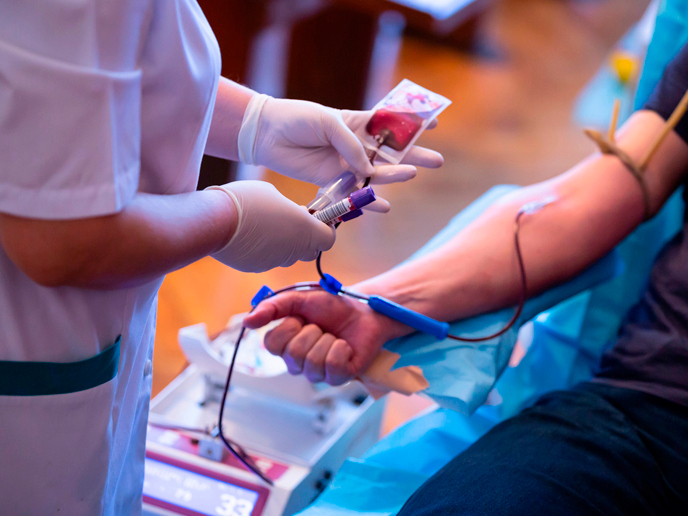New strategies for pancreatic cancer
Pancreatic ductal adenocarcinoma (PDAC) ranks amongst the deadliest cancers, with a less than 5 % 5-year survival rate. PDAC pathophysiology is characterised by extensive connective tissue formation that eventually causes hypoxia, apoptosis resistance and metastasis. The EU-funded 'Ion transport proteins in control of cancer cell behaviour' (IONTRAC) proposal builds upon accumulating evidence that ion channels and transporters underlie many of the hallmarks of cancer. This consortium is working to identify their therapeutic and/or diagnostic value in oncology. Among the key activities of the IONTRAC project is the recruitment and multi-disciplinary training of fellows in clinical and experimental oncology. To facilitate research on the expression and function of ion transporters in PDAC, they optimised various cell and animal models of PDAC. A high-throughput analysis of ion transporter expression in cells lines and patient samples was completed. First indications reveal that environmental conditions such as hypoxia influence expression of these molecules. With respect to their association with PDAC progression, primary results indicate a dependence of cancer cells on ion channels for migration and invasion. Although delineation of the precise cellular mechanism is pending, these results clearly underscore the importance of ion transporters in PDAC pathophysiology. Studies to elucidate the therapeutic relevance of ion transporters are underway. Researchers are working on whole animal imaging to associate changes in ion transporter expression with disease progression to develop diagnostic tools. Furthermore, they are exploiting the necessity of certain channels to induce cancer cell apoptosis, and envision the design of transporter-based therapeutic strategies. Considering that PDAC is incurable, the identification of novel biomarkers or therapeutic targets will only improve the dismal prognosis of this lethal disease.







